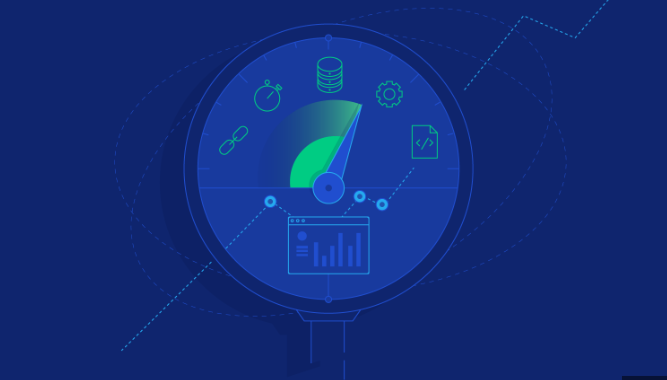Optimizing database queries is crucial for improving the performance of Django applications. Here are some tips and techniques to optimize Django queries:
- Use
select_relatedandprefetch_related:
- Django’s
select_relatedandprefetch_relatedmethods allow you to fetch related objects in a more efficient way, reducing the number of database queries. select_relatedfollows foreign key relationships and retrieves related objects in the same query. Use it when accessing related objects to avoid additional database hits.prefetch_relatedfetches related objects separately, but in a more efficient manner using a single additional query. Use it when you need to fetch multiple related objects efficiently.
- Utilize
values()andvalues_list():
- The
values()andvalues_list()methods allow you to retrieve only specific fields from database objects, which can improve performance by reducing the amount of data retrieved. - Instead of fetching entire objects, you can retrieve only the required fields, resulting in smaller and faster queries.
- Implement appropriate indexing:
- Analyze your database queries and identify fields frequently used in
WHEREclauses or for filtering data. - Add appropriate indexes to these fields in your database to speed up query execution.
- Django provides the
db_indexattribute to specify if an index should be created for a field.
- Use
only()anddefer():
- Django’s
only()anddefer()methods allow you to control which fields are retrieved from the database. only()fetches only the specified fields, excluding others.defer()fetches all fields except the specified ones.- By fetching only the necessary fields, you can reduce the amount of data transferred and improve query performance.
- Be mindful of the number of queries:
- Minimize the number of database queries by optimizing your code to fetch data efficiently.
- Avoid using excessive loops or nested queries that can result in a large number of queries.
- Consider using aggregations, annotations, or grouping to perform operations on the database side instead of fetching and processing large amounts of data in Python.
- Use database-specific optimizations:
- Different database backends may have specific optimizations or features that can improve query performance.
- Familiarize yourself with the specific features of your chosen database backend (e.g., PostgreSQL, MySQL) and leverage them to optimize queries.
- Monitor and analyze query performance:
- Use Django’s built-in query logging or third-party tools to monitor and analyze the performance of your queries.
- Identify slow queries, bottlenecks, and areas for improvement.
- Use tools like Django Debug Toolbar or database query analyzers to gain insights into query execution plans and identify potential optimizations.
Remember, optimizing queries should be done based on the specific requirements and characteristics of your application. It’s important to measure the impact of optimizations using profiling and benchmarking tools to ensure you’re achieving the desired performance improvements without sacrificing functionality or maintainability.v




